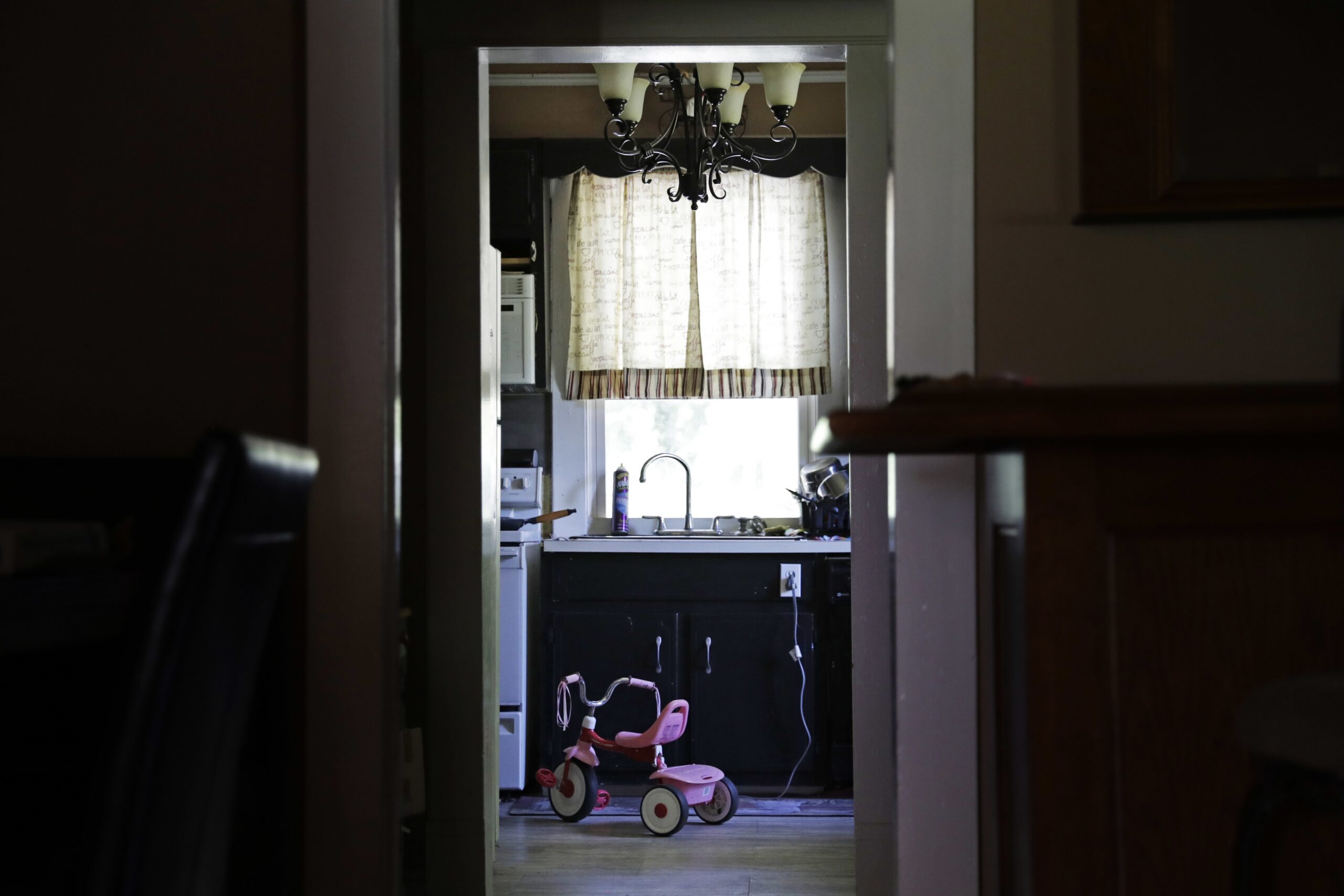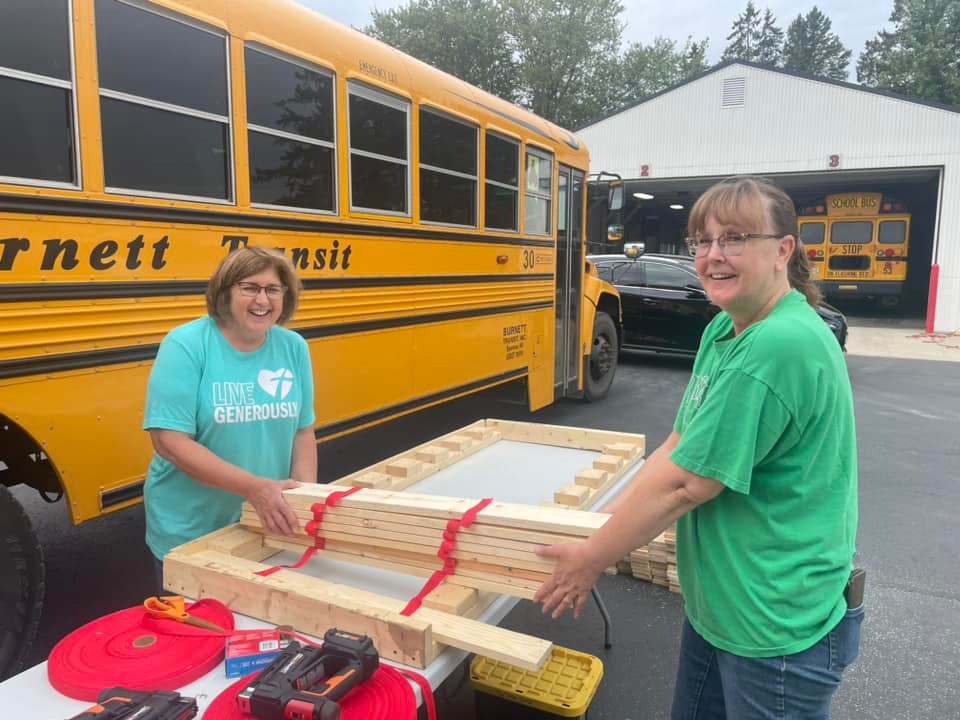County officials say parental drug abuse is the main factor behind a rise in the number of children who are placed with relatives or in foster care. The most recent report from the Wisconsin Department of Children and Families shows nearly 7,500 hundred kids were living in out-of-home care at the end of 2016, a 16-percent increase since 2012.
As of February this year, almost 7,900 kids were living outside the home statewide, according to the state’s monthly statistics on out-of-home care.
During a recent law enforcement roundtable, Ashland County Health and Human Services Director Terry Barningham said they’re seeing more kids removed from home due to safety concerns.
Stay informed on the latest news
Sign up for WPR’s email newsletter.
“I think the amount of children in placement has almost doubled from a year ago,” she said. “The majority of those cases are all drug-related.”
The cost to the county for placing children in out-of-home care has nearly doubled from $405,420 in 2016 to $720,909 last year. Barningham said parents will often seek treatment after a child is removed from the home, but she said it’s not long before they fall off their radar.
“They will disappear. We know they’re using again. Some parents we can’t even locate,” she said. “They just disappear for months on end so then you can’t do any of the work to try to make them better parents so you can reunite.”
The most recent report from the Wisconsin Department of Children and Families cites neglect and caretaker drug abuse as the top two reasons kids are removed from the home.
Katie Herrem, executive director with the Wisconsin County Human Service Association said counties across the state are experiencing similar cases.
“You’re getting kids who are living in environments where parents are addicted to drugs and there’s drug paraphernalia around and it’s just really unsafe environments for the kids to be in,” she said.
La Crosse County has also seen an increasing number of children removed from the home, from 120 in 2009 to 183 in 2016, according to Lila Barlow, the county’s permanency resource supervisor.
“Kids are coming through the door as parents’ addictions are not able to be handled and some of the services, some of the treatment is not available to them,” she said.
Barlow said they’re also having difficulty reuniting families as parents undergo treatment.
“It is a long journey for them and sometimes a lifelong journey for them,” she said. “Sometimes kids are just not able to be safe in their home while they’re going through that journey.”
Barlow said drug abuse has overwhelmed the child welfare system in La Crosse County, and the growing caseload has reduced the amount of time workers can spend with families to find permanency for kids.
The Wisconsin Legislature recently passed 11 of 13 bills introduced in a foster care package last fall. However, a bill that would’ve developed a committee to study caseloads for child welfare workers didn’t advance. Even so, Herrem, with the Wisconsin County Human Service Association, said her group will be working with the Wisconsin Department of Children and Families to examine the issue.
“We’re working with the state to kind of take a look at what other states are doing, what sort of national trends or guidelines are out there in terms of caseload standards and what would be appropriate for Wisconsin if we were to advocate for statewide caseload guidelines and then request funding to support staffing that would allow us to maintain those caseloads,” she said.
A $5-million annual increase in state aid allocations to counties was included in the current two-year budget. A spokesman with the Wisconsin Department of Children and Families said those funds are targeted to help counties address growing caseloads and out-of-home care placements.
Wisconsin Public Radio, © Copyright 2025, Board of Regents of the University of Wisconsin System and Wisconsin Educational Communications Board.






